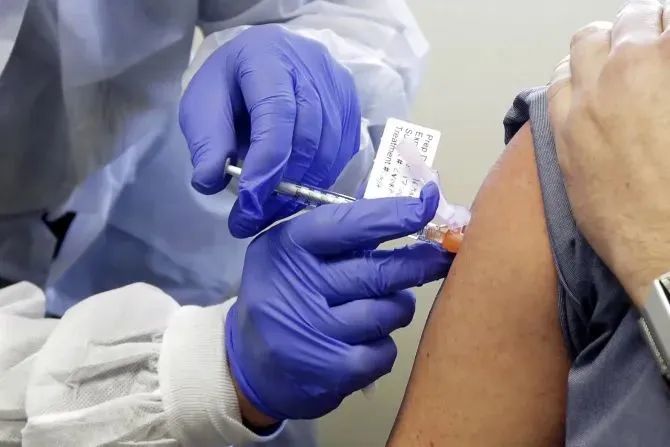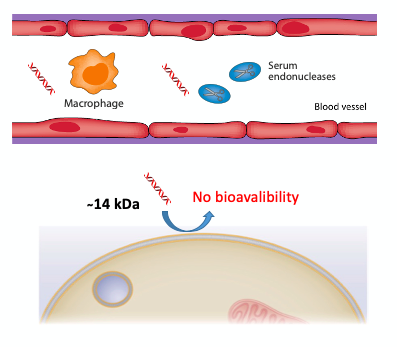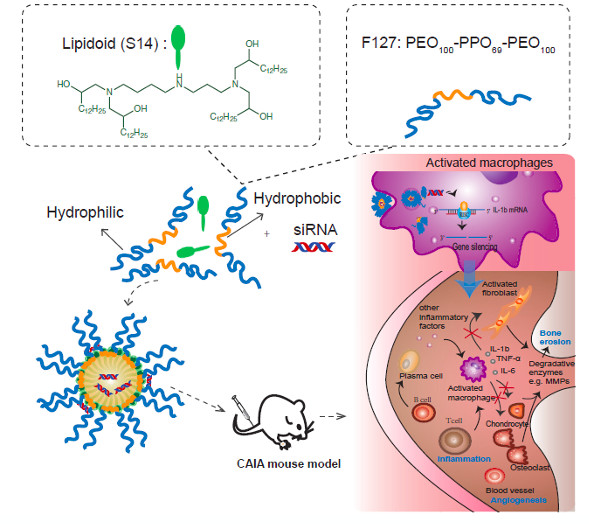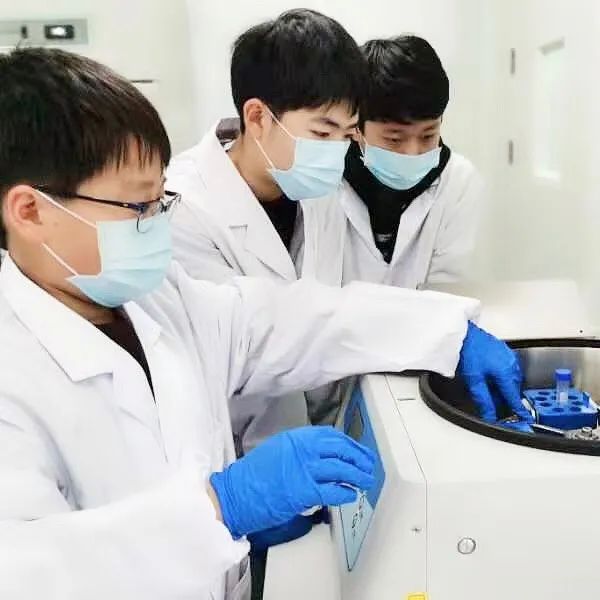- [课程通道] Gene Interference and Cat Allergen Silencing Research Project
- [课程通道]
- [科学少年] 2025-10-05
- [科学少年] 2025-10-02
- [科学少年] 2025-10-01
【Winter Break + Christmas 2021】Nanomedicine mRNA Vaccine Preparation Research Project 爱博物

Project Background
mRNA vaccines represent a novel approach to preventing infectious diseases. To trigger an immune response, many vaccines introduce a weakened or inactivated pathogen into the body. mRNA vaccines, however, work differently. Instead, they instruct our cells to produce a protein—or even a fragment of a protein—that elicits an immune response. This antibody-generating immune response can protect us from infection if the actual virus enters our body. COVID-19 mRNA vaccines provide our cells with instructions to produce a harmless "spike protein," which is found on the surface of the virus that causes COVID-19.

▲ As reported by Nature, it took only a few months from the outbreak of the pandemic to the administration of the first mRNA vaccine dose.
On March 16, 2020, NIAID lead scientist Anthony Fauci announced that the "first phase of clinical trials for a COVID-19 vaccine" had been launched at a "record speed." It took only 63 days from the genetic sequencing of the virus to the first injection of the candidate vaccine. Researchers hoped to obtain preliminary clinical trial data within three months. However, he also noted that even if the research progressed smoothly, the vaccine would not be widely available for 12 to 18 months.
Although mRNA vaccines possess many excellent characteristics, they have one critical flaw: standalone mRNA cannot penetrate the cell membrane to enter the cell. Therefore, nanomedicine carriers have become the ideal companion for mRNA-based drugs.

Nanoparticles offer multiple advantages as drug carriers. For instance, natural or synthetic nanoparticles exhibit excellent biocompatibility and do not cause side effects in the body.

Moreover, nanoparticles possess unique characteristics such as nanoscale size, large specific surface area, high surface reactivity, and strong adsorption capacity. These properties allow them to penetrate fine capillaries and be taken up by cells, ultimately enabling targeted drug accumulation in the body.
Various natural or synthetic polymer nanoparticles have shown promising results in the delivery of nucleotide-based drugs. For example, as carriers for RNA-based therapeutics, they hold significant potential in vaccine development, cancer treatment, anti-inflammatory therapy, and more. This has made them a hot research topic in recent years.

▲ Students preparing nanomedicines in the laboratory
This nanomedicine mRNA vaccine preparation research project by JSR Academy will employ genetic engineering, cell transfection, and other techniques, along with nanomedicine technology, to develop mRNA vaccines.
As an advanced course bridging molecular biology and nanomedicine, this project will provide students with a solid foundation for future interdisciplinary studies in nanomedicine and related fields. It will also prepare students to develop their own research projects in the future.
About the Project
【Project Dates】December 24–30, 2021
January 22–28, 2022
【Recommended Grades】Grade 9 and above
【Planned Enrollment】6–9 students
【Location】Jinan, China
【Instructor Team】The teaching team consists of frontline researchers from key laboratories of national key universities, including multiple professors and their doctoral teams.
Course Advisors:
Teacher Zhang: 13910908618 (WeChat same number)
Teacher Wang: 18310500612 (WeChat same number)
Teacher Zha: 13910312020 (WeChat same number)
About IBOWU · JSR Academy
JSR Academy™ is China’s first youth science academy initiated by non-governmental forces. Launched by IBOWU, a well-known platform for youth scientific research and academic programs in China, it aims to provide high-quality scientific practice opportunities for Chinese youth.
JSR Academy has received investments from BGI Group and TAL Education Group’s industry fund. Leveraging strong scientific and capital backing, JSR Academy has gathered dozens of multidisciplinary frontline scientists and partnered with numerous joint laboratory resources from universities and research institutions across China, the United States, Denmark, Norway, Singapore, Australia, and other countries. It is dedicated to offering advanced STEM academic programs and elite training plans for students, striving to cultivate a scientific spirit among Chinese youth and contribute to the reserve of scientific and technological talent for China and the world.



